Future Scope & Benefits for Bachelor of Science (B.Sc.) Computer Applications Course
Computer Applications, a multidisciplinary field at the intersection of computer science and software development, plays a pivotal role in the modern world. A Bachelor of Science (B.Sc.) in Computer Applications is an undergraduate program that equips students with the knowledge and skills necessary for developing software applications, managing information systems, and solving complex problems through technology. This degree opens doors to a wide range of career opportunities and offers numerous benefits in the ever-evolving field of computer applications. In this article, we will explore the future scope and the manifold advantages of pursuing a B.Sc. in Computer Applications. A B.Sc. in Computer Applications typically spans three to four years and covers a broad spectrum of topics, including programming languages, software engineering, database management, web development, mobile app development, and computer networking. Students engage in hands-on coding, and software development projects, and gain proficiency in various programming languages and tools.
Bachelor of Science (B.Sc.) in Computer Applications Course Future Scope
The field of computer applications is marked by rapid technological advancements and a consistently growing demand for skilled professionals. Graduates with a B.Sc. in Computer Applications can explore diverse career opportunities and contribute to various industries and sectors. Here are some key areas where graduates can make significant contributions:
Software Development: Graduates can work as software developers, designing, coding, and testing software applications for various platforms and industries, including web, mobile, desktop, and embedded systems.
Web Development: Web developers specialize in creating and maintaining websites and web applications, using technologies such as HTML, CSS, JavaScript, and web frameworks.
Mobile App Development: With the proliferation of smartphones, mobile app developers design and build applications for iOS and Android platforms, addressing user needs and preferences.
Database Management: Database administrators manage and optimize databases, ensuring data integrity, security, and efficient retrieval.
IT Project Management: IT project managers oversee technology projects, from planning and execution to budgeting and team coordination, ensuring successful project delivery.
Systems Analysis: Systems analysts evaluate and improve existing computer systems, identifying user requirements and proposing technical solutions.
Network Administration: Network administrators maintain and manage computer networks, ensuring seamless communication and data transfer within organizations.
Cybersecurity: Graduates can pursue careers in cybersecurity, protecting organizations' digital assets, systems, and networks from cyber threats and attacks.
Data Analytics and Business Intelligence: Data analysts and business intelligence professionals analyze data to provide insights for informed decision-making, helping organizations gain a competitive edge.
Cloud Computing: Cloud computing specialists work with cloud-based platforms and services, optimizing cloud infrastructure and facilitating scalability.
Artificial Intelligence (AI) and Machine Learning: AI and machine learning engineers develop intelligent systems and algorithms, making machines capable of learning and decision-making.
E-commerce: Graduates can contribute to the booming e-commerce industry by developing online shopping platforms, payment gateways, and supply chain management systems.
Healthcare IT: Healthcare IT professionals work on electronic health record (EHR) systems, telemedicine applications, and health informatics, improving patient care and data management.
Gaming and Virtual Reality (VR): Those interested in gaming and VR can pursue careers as game developers, VR designers, and 3D graphics programmers.
Education Technology (EdTech): EdTech professionals develop e-learning platforms, educational apps, and digital resources to enhance teaching and learning experiences.
Startups and Entrepreneurship: Graduates can start their own tech startups, leveraging their creative ideas and technical skills to address market needs.
Consulting: Technology consultants offer expert advice to businesses on technology adoption, digital transformation, and IT strategy.
Benefits of Pursuing a B.Sc. in Computer Applications
Pursuing a B.Sc. in Computer Applications offers numerous benefits, making it an attractive choice for those interested in technology and software development. Here are some of the key advantages:
High Demand: There is a consistent and growing demand for computer application professionals across industries, ensuring a wide range of job opportunities.
Versatile Skill Set: Graduates acquire a versatile skill set encompassing programming, software development, data management, and problem-solving, which is applicable across diverse sectors.
Creativity and Innovation: Computer applications allow for creativity and innovation in designing solutions for real-world problems, making it an intellectually stimulating field.
Competitive Salaries: Careers in computer applications often come with competitive salaries and opportunities for salary growth with experience and expertise.
Flexibility: Graduates can work in various roles and industries, giving them flexibility to explore different career paths.
Global Opportunities: The skills acquired are transferable across borders, opening doors to international career opportunities.
Entrepreneurship: Graduates can start their own tech ventures, pursuing entrepreneurial dreams and creating innovative solutions.
Remote Work: Many computer application jobs offer remote work options, providing flexibility in work arrangements.
Continuous Learning: The field is ever-evolving, encouraging professionals to engage in continuous learning and skill development.
Problem-Solving Abilities: Graduates develop strong problem-solving and analytical skills, valuable for addressing complex technological challenges.
Community Building: Tech professionals often work in collaborative environments, fostering a sense of community and teamwork.
Personal Fulfillment: Creating software and applications can be personally fulfilling, especially when solutions positively impact users' lives.
 3 Years
3 Years
 Under Graduate
Under Graduate
 Science
Science
 Full Time
Full Time

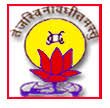
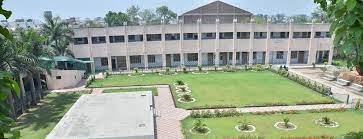

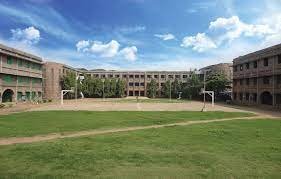
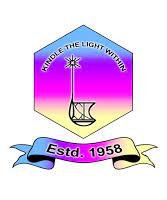

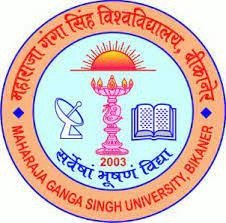
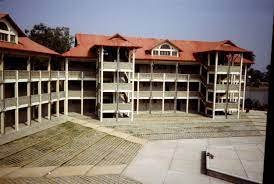

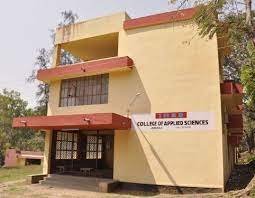
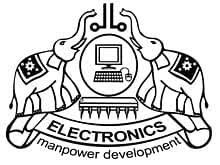
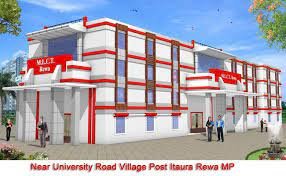
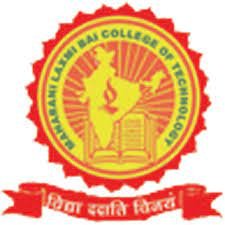





 back
back

